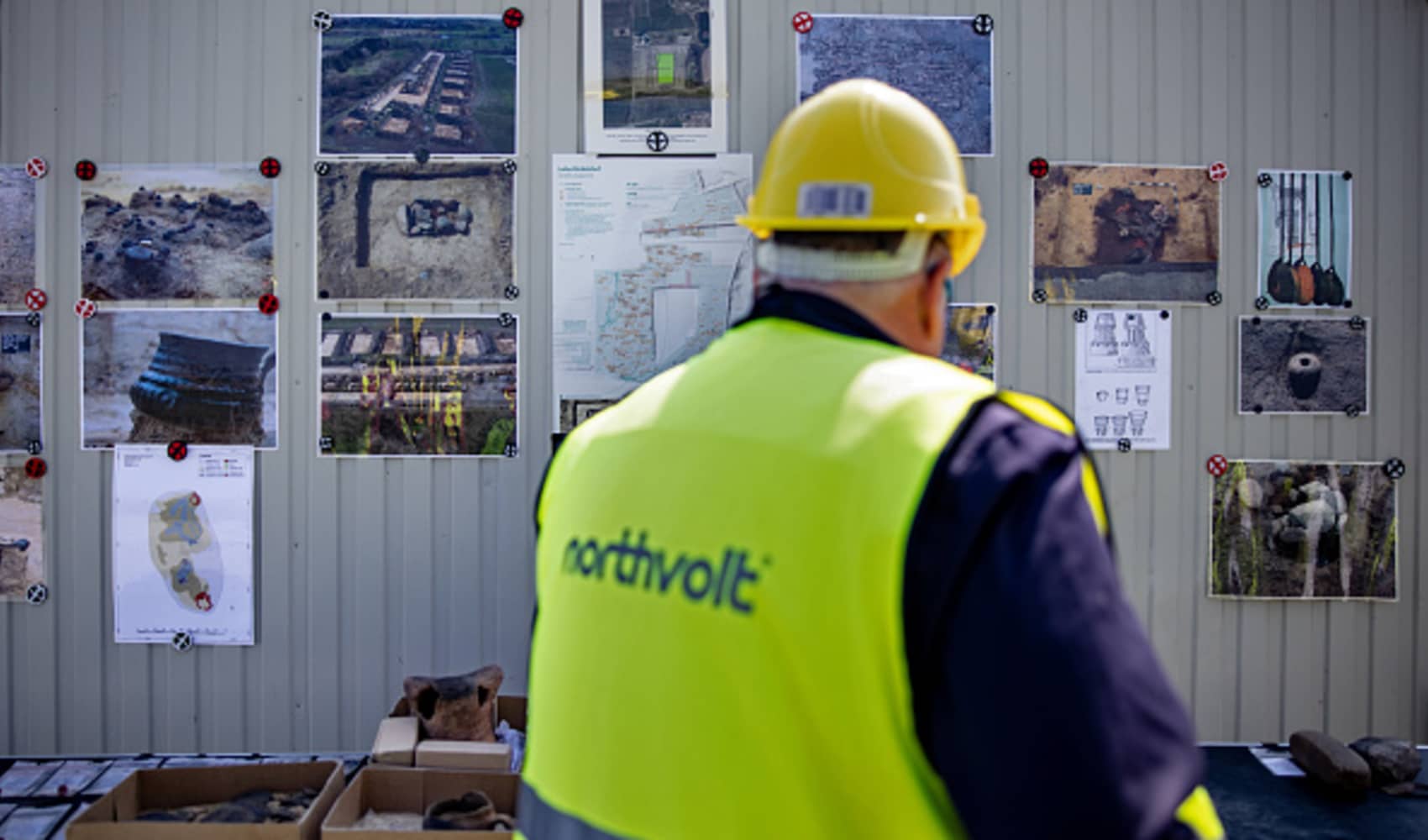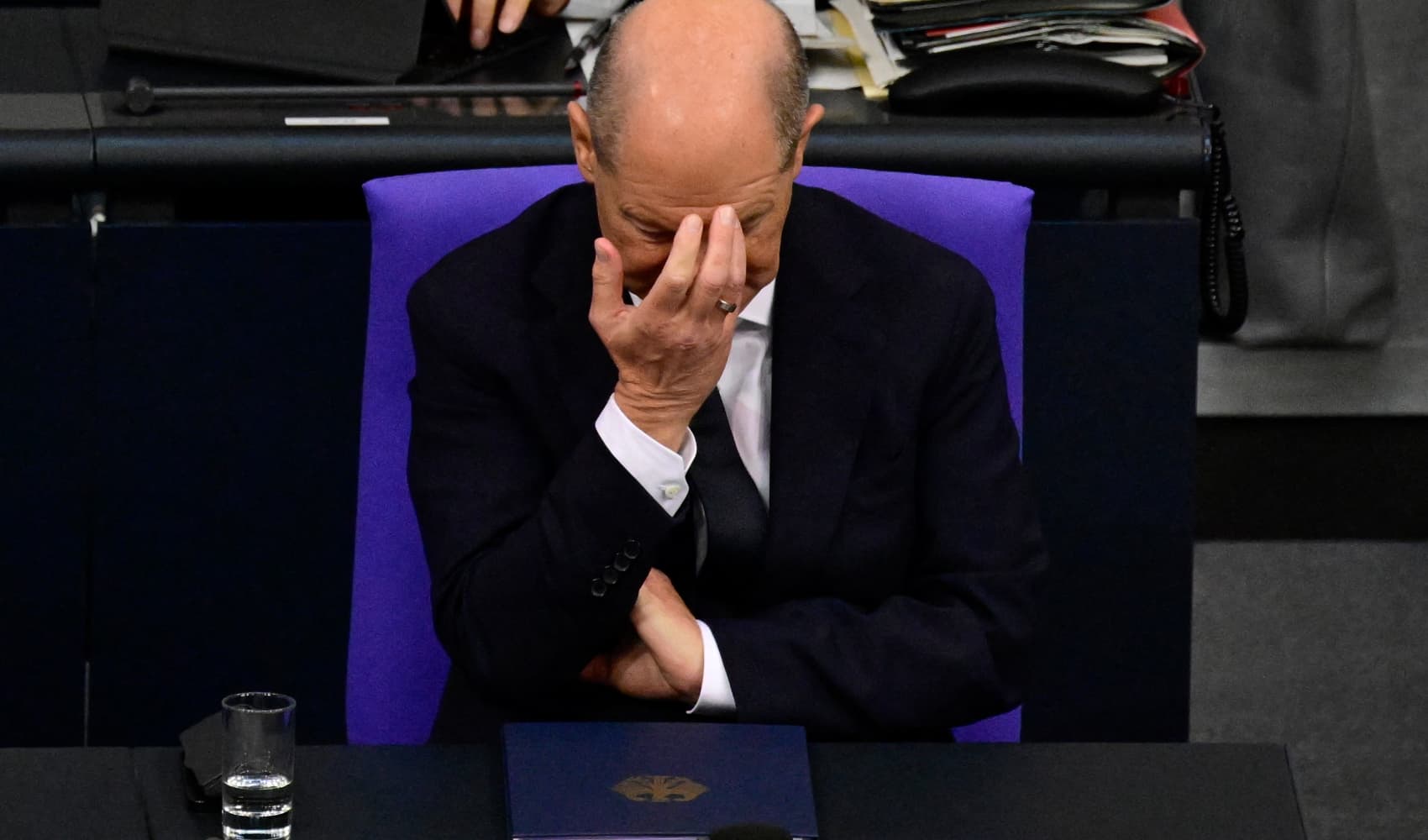
- The Catholic Diocese of Brooklyn on Thursday asked the Supreme Court to block New York's Covid-19 restrictions on houses of worship, saying the rules unfairly target religion.
- The group is challenging an executive order signed by Gov. Andrew Cuomo that limits attendance at churches to 10 people in the state's "red" zones, and 25 in "orange" zones.
- Cuomo's order, the diocese wrote in a filing, "expressly singles out 'houses of worship' by that name for adverse treatment relative to secular businesses, and does so in a way that is not narrowly tailored to any compelling government interest, in direct violation of the First Amendment's Free Exercise Clause."
The Catholic Diocese of Brooklyn on Thursday asked the Supreme Court to block New York's Covid-19 restrictions on houses of worship, saying the rules unfairly target religion.
The group is challenging an executive order signed by Gov. Andrew Cuomo on October 6 that limits attendance at churches to 10 people in the state's "red" zones, and 25 in "orange" zones.
Cuomo's order, the diocese wrote in a filing, "expressly singles out 'houses of worship' by that name for adverse treatment relative to secular businesses, and does so in a way that is not narrowly tailored to any compelling government interest, in direct violation of the First Amendment's Free Exercise Clause."
The Roman Catholic diocese, which operates in Brooklyn and Queens, asked the justices to step in while it pursues its appeals in the lower courts. If the justices do not do so, it said, thousands of parishioners "will continue to be deprived of their core Free Exercise rights on a daily basis."
The Supreme Court has rejected similar challenges by religious groups in California, in May, and Nevada, in July. In both cases, the decisions split narrowly by 5-4 margins, with Chief Justice John Roberts siding with the court's four liberals. Those decisions came before the death of Justice Ruth Bader Ginsburg in September.
In the California case, known as South Bay United Pentecostal Church v. Newsom, Roberts wrote that matters of public health were better left to the political branches.
Money Report
"The precise question of when restrictions on particular social activities should be lifted during the pandemic is a dynamic and fact-intensive matter subject to reasonable disagreement," he wrote. "Our Constitution principally entrusts '[t]he safety and the health of the people' to the politically accountable officials of the States 'to guard and protect.'"
In contrast, Justice Brett Kavanaugh, who was joined by Justices Clarence Thomas and Neil Gorsuch, wrote that "The Church and its congregants simply want to be treated equally to comparable secular businesses."
"California already trusts its residents and any number of businesses to adhere to proper social distancing and hygiene practices. The State cannot 'assume the worst when people go to worship but assume the best when people go to work or go about the rest of their daily lives in permitted social settings," he wrote.
In California, Gov. Gavin Newsom, a Democrat, ordered houses of worship to limit their congregations to either 100 or 25%, whichever was lower.
The Nevada case, brought by Calvary Chapel Dayton Valley, a church located in a rural part of the state, prompted even sharper dissents from the court's conservative bloc.
"The world we inhabit today, with a pandemic upon us, poses unusual challenges," Gorsuch wrote. "But there is no world in which the Constitution permits Nevada to favor Caesars Palace over Calvary Chapel."
The Nevada challenge concerned a 50-person limit on houses of worship. Some other secular businesses, including casinos and restaurants, had a different limit, of 50% of their capacity.
There is reason to suspect the latest challenge could be more successful.
The court has not issued a decision in such a case since the confirmation of Justice Amy Coney Barrett. Barrett, a conservative, is expected to shift the bench to the right.
In its filing, the diocese notes that secular businesses are not under the same restrictions as houses of worship. In red zones, the group wrote, essential businesses that are allowed to remain open include "everything from supermarkets to pet stores, huge hardware stores to brokers' offices." .
"In 'orange' zones, even the vast majority of nonessential businesses, including department stores, can remain open without limitation—yet churches cannot," the group added.
The group also cited Cuomo's comments about clusters of the virus spreading among Orthodox Jewish communities around the city.
Thursday's filing was submitted to Justice Stephen Breyer, who has jurisdiction over emergency appeals stemming from New York, but will likely be considered by the full court.
Two lower courts, including the 2nd U.S. Circuit Court of Appeals, have rejected the religious organization's effort to block the state's Covid-19 restrictions while it pursues its case.
The case comes as coronavirus infections are on the rise in New York, though they remain at a lower level than other parts of the country. On Wednesday, Cuomo ordered new restrictions on dining, bars and gyms.
The governor's office did not respond to a request for comment on the Supreme Court challenge.






